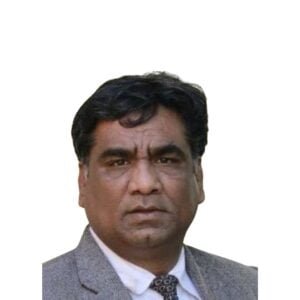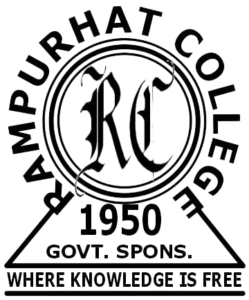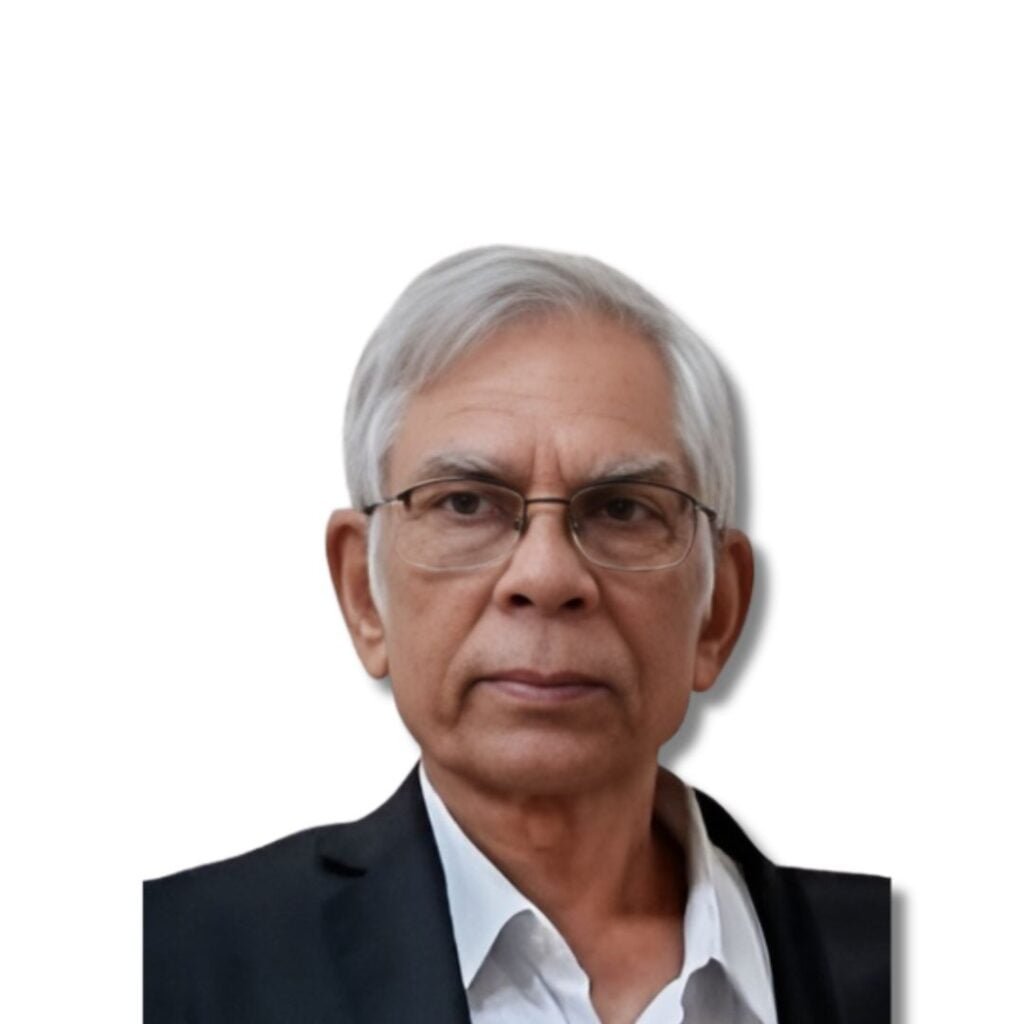
Prof. Azizur Rahman Siddiqui : IAGR Conference 2024
Prof. Azizur Rahman Siddiqui, Department of Geography, University of Allahabad, Allahabad, Uttar Pradesh
Dr. Azizur Rahman Siddiqui was born on June 30, 1970, in Fatehpur district. He completed his B.Sc. and M.Sc. degrees at Aligarh Muslim University (AMU) with top honors. He earned his M.Phil. and D.Phil. degrees from AMU, with his doctoral research on “Regional Evaluation of Dissertation Hazards in Arid Lands of Western Rajasthan” under the supervision of Prof. Salahuddin Qureshi, completed in 2003. Dr. Siddiqui has qualified UGC-NET (June 1997) and ICAR’s Agricultural Research Service NET (Oct. 1997). He also holds a postgraduate diploma in Geoinformation Science and Earth Observation with a specialization in Geo-Hazard from the Indian Institute of Remote Sensing, Dehradun (NRSA-ISRO & ITC, Netherlands, April 2009). Additionally, he has completed NNRMS training and three international courses sponsored by the United Nations.
Dr. Siddiqui began his teaching career as a permanent lecturer at NREC P.G. College, Khurja Bulandshahar, affiliated with C.C.S. University, Meerut, on November 5, 1999. He then joined the Department of Geography at the University of Allahabad on January 20, 2000. He was promoted to Reader in 2009, Associate Professor in 2012, and Professor in 2015. He served as Head of the Department of Geography from February 14, 2020, to February 14, 2022. He specializes in arid zone research, environmental geography, agricultural geography, urban geography, and the application of remote sensing and GIS in land degradation studies. Prof. Siddiqui has supervised 17 Ph.D. students, published 50 research papers in peer-reviewed journals, and attended over 77 national and international conferences. He has authored four books and received several accolades, including the Excellence Award from the University of Allahabad (2018), the Dr. Sarvepalli Radhakrishnan Award from Didiji Foundation (2022), and the Bhugol Bhushan Award from the Deccan Geographical Society (2022). He has organized two international conferences as a convener and delivered about 130 lectures at various UGC-HRDC and universities/colleges across India.
He has visited numerous countries, including France, Russia, China, Belgium, the Netherlands, Switzerland, Italy, Austria, Greece, Hungary, and Nepal, for academic purposes. Prof. Siddiqui has served as Dean of Students Welfare twice and currently holds several significant roles, such as International Advisor for Foreign Students, Chairman of the Data Cell, and Nodal Officer for NIRF/AISHE. He is the Senior Vice President of the Allahabad University Teachers Association (AUTA) since 2016 and the Secretary General of the Indian Institute of Geomorphologists (IGI), previously serving as its Treasurer. He is a member of multiple academic bodies, including the Academic Council of Rajarshi Tandon Open University (2020-2022), the Academic Council of Professor Rajendra Singh (Rajju Bhaiya) Allahabad State University (2020-2022), and the Academic Council of Central University of South Bihar (2023-2026).
Title of Talk:
Formulation of Elements Sustainable Rural Development Planning and Prospects of Development of Village Information System with Reference to Viksit Bharat@2047
Abstract
Formulation of Elements of Sustainable Rural development Planning and Prospects of development of Village Information System for the enhancement of Agribusiness and employment Opportunities and strategies for the transforming Rural economy for in a fragile landscape is pertinent topic particularly in the age of digital revolution. The proposed study has been attempted to explore the possibilities of development of village information system in order to develop strategies and measures for the transformation of rural economy through the innovation and adaptation of new ideas for the enhancement of human capabilities particularly in the areas where sedentary agriculture is not properly practiced in these areas livestock rearing practice is dominant. Development is the process of social change and economic growth. Rural transformation refers to gradual change in economic growth and enhancement of quality of life of rural inhabitants but now days in the age of digital revolution accessibility is more important how rural inhabitants are accessible to achieve facilities and amenities.It has been observed that there is lack of information at micro level unit only block level general information of population characteristics and landless/land cover information is available but there is need to strengthen data base system.The proposed research paper is an attempt to formulate elements of rural development planning through the nature and Characteristics human resource base,natural resource base,physical resource base,land resource base,human capability and competence level. Another important aspect of sustainable rural livelihood is to make an intensive study to understand the mechanism of pattern of rural marketing and exploring the avenues of development of agribusiness for raising the income of rural people.In common parlance rural transformation give an emphasis on the long term structural changes in the basis of rural economies as well as social set up of an area.Rural transformation directly related to nature of market oriented economy and changes in its forms from traditional subsistence based agriculture to modern market oriented economies.It has been observe that there is need to develop a comprehensive village information system for providing information at micro-level for the enhancement of linkages at various order of settlement system particularly in a fragile landscape.
Keywords: Agribusiness, capability, competency, fragile, formulation



